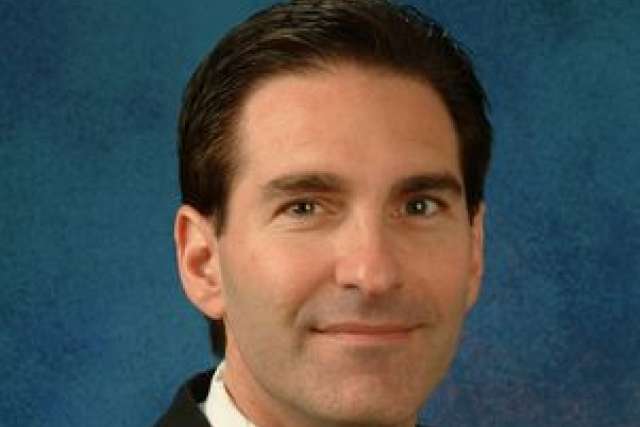Racial and ethnic minorities who receive implantable devices to treat heart failure derive the same substantial survival benefit from these therapies as white patients, new UCLA-led research shows.
While the American College of Cardiology and American Heart Association jointly recommend the use of implantable cardioverter defibrillators (ICDs) and cardiac resynchronization therapy (CRT) devices for all eligible patients, minorities have not been well represented in clinical trials of the devices, and previous studies had shown that African American and Hispanic patients are less likely to receive these recommended therapies.
The current study — among the largest to compare the survival benefits of these devices by race and ethnicity — involved more than 15,000 patients at 167 cardiology and multi-specialty practices across the U.S. The research was coordinated by 10 academic medical centers, including UCLA
The findings are published in the current issue of the Journal of the American College of Cardiology.
Drawing on data from the Registry to Improve the Use of Evidence-Based Heart Failure Therapies in the Outpatient Setting (IMPROVE HF), the researchers monitored 15,177 heart failure patients over two years to measure the benefits of implantable device therapy on survival in community practice settings.
They found that ICD device therapy reduced the likelihood of death during the two-year period by 36 percent, with no significant differences by race or ethnicity. They also found a 45 percent reduction in mortality with CRT therapy, again without any significant differences in device benefit by race or ethnicity.
"This is among the largest studies to address the question of race- and ethnicity-specific benefits with ICD or CRT therapies in real-world practice," said senior author Dr. Gregg C. Fonarow, who holds the Eliot Corday Chair in Cardiovascular Medicine and Science and directs the Ahmanson–UCLA Cardiomyopathy Center at the David Geffen School of Medicine at UCLA. "Our results are a reminder to physicians and patients that this proven life-extending therapy should be offered to all eligible heart failure patients without regard for race or ethnicity."
More than 5 million Americans suffer from heart failure, placing them at high risk of sudden death, as well as progressive heart dysfunction and frequent hospitalizations. The ICD, a small device implanted in the chest or abdomen, has been shown in large clinical trials to prolong survival by preventing life-threatening rhythm problems in heart failure patients. CRT devices, which send small electrical impulses that help the heart’s lower chambers beat together in a more synchronized pattern, have been shown to reduce hospitalizations and death. Still, an estimated 40 to 60 percent of heart failure patients eligible for such treatment fail to receive it.
Fonarow and his study colleagues noted that many factors contribute to this underutilization, including patient refusal, lack of physician knowledge and lack of health insurance coverage. Among heart failure patients deemed eligible for the therapy, minorities are less likely to receive it than whites, in part, the authors suggested, because of the small representation of minority patients in the device studies. The current study was aimed at addressing this evidence gap.
"Implantable devices are proven to save the lives of heart failure patients and should be offered to all patients who qualify, without consideration of race or ethnicity, to ensure more equitable benefit from this life-saving therapy," said Dr. Boback Ziaeian, a UCLA cardiologist and the study’s first author.
The study was funded by Medtronic Inc., and the company also provided technical support. Fonarow is a consultant with Medtronic. Other author disclosures are available in the manuscript.
Additional authors included Yan Zhang of Medtronic Inc., in Mounds View, Minnesota; Nancy M. Albert of the Nursing Institute and the George M. and Linda H. Kaufman Center for Heart Failure at the Cleveland Clinic Foundation; Dr. Anne B. Curtis of the University at Buffalo department of medicine in New York; Drs. Mihai Gheorghiade and Clyde W. Yancy of the Center for Cardiovascular Innovation and division of cardiology at Northwestern University’s Feinberg School of Medicine in Evanston, Illinois; Dr. Thomas Heywood of the division of cardiology at the Scripps Clinic in La Jolla, California; Dr. Mandeep R. Mehra of the division of caridology at Harvard University’s Brigham and Women’s Hospital in Boston; Dr. Christopher M. O’Connor of the division of cardiology at Duke University Medical Center in Durham, North Carolina; Dr. Dwight Reynolds of the cardiovascular section at the University of Oklahoma Health Sciences Center in Oklahoma City; and Dr. Mary Norine Walsh of St. Vincent Heart Center of Indiana in Indianapolis.



